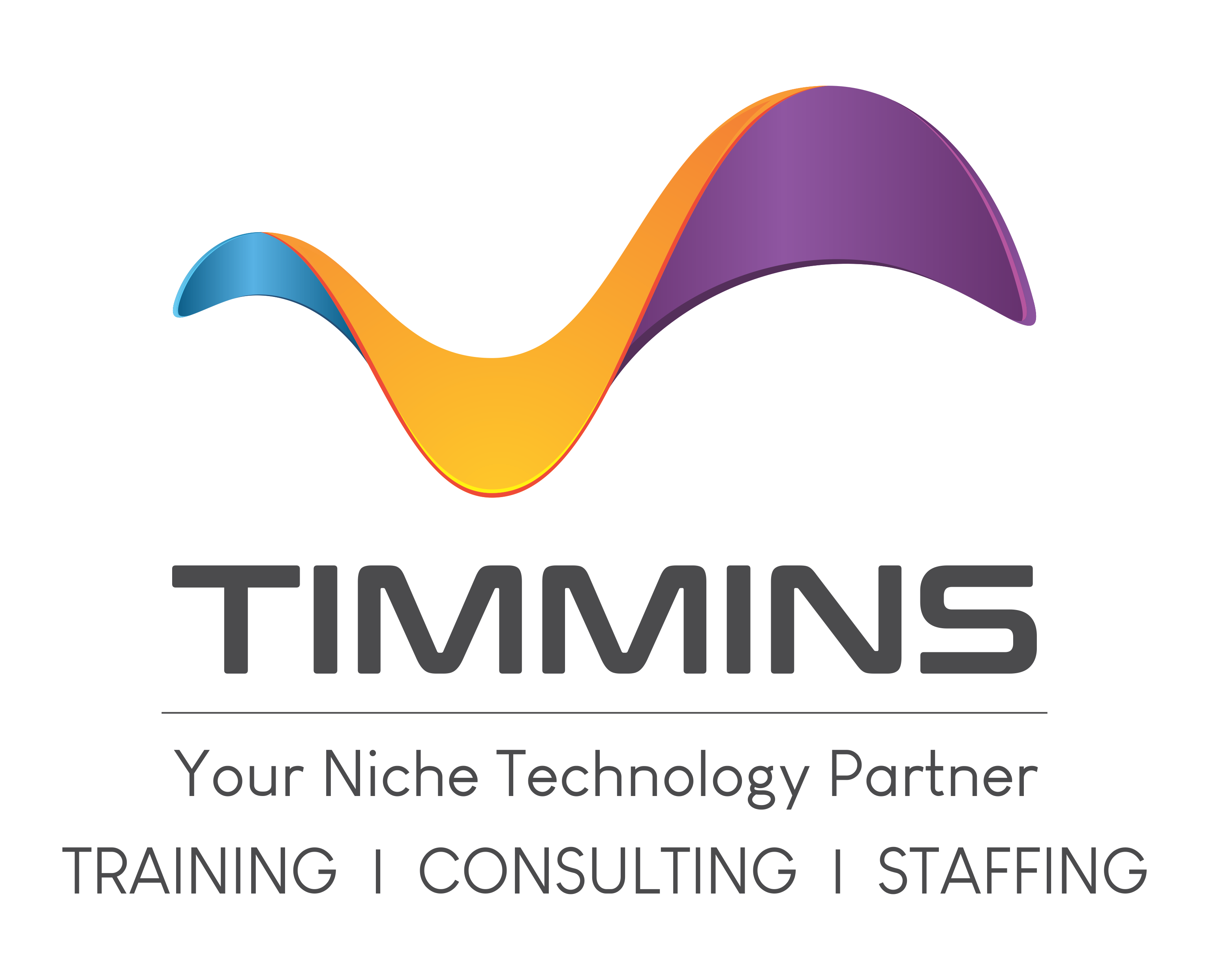
4 Courses

Multimedia
Adaptive Video Streaming
Duration: 12 Hours
Course Overview
With online TV becoming the dominant platform for video distribution, adaptive video streaming plays a crucial role in ensuring seamless content delivery. This course explores adaptive streaming technologies, their impact on bandwidth efficiency and latency, and key protocols such as HLS, MSS, and MPEG-DASH. Participants will also analyze real-world streaming performance metrics, wireless streaming over Wi-Fi and cellular networks, and advanced optimization techniques for video delivery.
Learning Outcomes
By the end of this course, participants will:
- Understand the core modules of adaptive video streaming.
- Compare HLS, MSS, and MPEG-DASH technologies.
- Evaluate bandwidth efficiency, latency, and quality trade-offs in streaming.
- Implement advanced streaming optimizations and performance enhancements.
Who Should Attend?
- Video Streaming Engineers
- OTT & Content Delivery Network (CDN) Specialists
- Network & Telecom Engineers
- Media & Broadcasting Professionals
Prerequisites
- Basic knowledge of video streaming technologies.
Teaching Methodology
Webinar-based training with Q&A sessions.
Live demonstrations & practical case studies.
Real-world analysis of streaming protocols & optimization techniques.

Multimedia
AV1 Video Codecs
Duration: 12 Hours (4 days, 3 hours per day)
Course Overview
With over 80% of internet traffic being video, efficient video coding is critical. AV1 is a next-generation video compression standard developed by the Alliance for Open Media (AOMedia), offering superior coding efficiency over HEVC and AVC without the licensing and patent challenges of H.26x standards.
This course provides a detailed breakdown of AV1 modules, a comparison with HEVC and VVC, and insights into optimizing AV1 for HDR, omnidirectional video, and screen content.
Who Should Attend?
Video Coding Engineers – Developing advanced video compression algorithms.
Software Developers – Implementing multimedia streaming solutions.
Telecom & Streaming Professionals – Optimizing video transmission and delivery.
Researchers & Academics – Exploring innovations in video compression.
Why Choose This Course?
Covers AV1 fundamentals, coding architecture, and efficiency comparisons.
Hands-on analysis of AV1 vs. HEVC vs. VVC.
Learn advanced features like Superblocks, Motion Prediction, and In-loop Filtering.
Understand parallel processing and performance evaluation.
Pre-requisites
Basic knowledge of video coding standards (H.264, HEVC, VVC).
Familiarity with compression techniques and video processing.

Multimedia
Versatile Video Coding (VVC)
Duration: 12 Hours
Course Overview
Video coding is essential, with over 80% of internet traffic being video. VVC (Versatile Video Coding) is the latest video compression standard, offering twice the efficiency of HEVC (H.265). This course provides an in-depth exploration of VVC modules, a comparison with HEVC and AV1, and applications in HDR, 360-degree video, and AR.
Who Should Attend?
Video Coding Engineers – Working on video compression standards.
Software Developers – Developing multimedia and streaming applications.
Telecom & Streaming Professionals – Optimizing bandwidth and video delivery.
Researchers & Academics – Studying advanced video coding techniques.
Why Choose This Course?
Covers VVC fundamentals, coding tools, and efficiency comparisons.
Hands-on analysis of VVC vs. HEVC vs. AV1.
Explores advanced applications in HDR, AR, and immersive content.
Learn about VVC software encoders and real-world performance.
Pre-requisites
Understanding of H.264/AVC, H.265/HEVC, and AV1 video standards.
Basic knowledge of video compression and multimedia applications.

Multimedia
Camera Systems and AI-Driven Imaging
Course Description:
This course explores the theoretical foundations of modern imaging systems and smartphone camera technologies. Delivered entirely through slides and voice presentations by an expert trainer, the program offers an in-depth understanding of color science, image processing, video compression, and camera design. Participants will gain the conceptual knowledge necessary to navigate the rapidly evolving field of imaging and smartphone camera technologies.
Learning Outcomes:
- Understand the principles of color science and human visual perception.
- Gain insights into the design and functionality of smartphone camera systems.
- Learn the fundamentals of digital image and video processing, including compression techniques.
- Explore methodologies for assessing image and video quality.
- Examine the role of AI in advancing imaging and camera technologies.
Modules:
-
Color Science and Human Visual Perception:
- Fundamentals of light, color, and the electromagnetic spectrum.
- Overview of the human visual system (HVS) and color spaces.
- Chromaticity diagrams and dynamic range in imaging.
-
Digital Image and Video Processing:
- Key concepts of image enhancement, filtering, and signal analysis.
- Compression techniques: JPEG and AI-enhanced compression.
- Basics of motion video coding and transformation.
-
Smartphone Camera Systems:
- Design and components of smartphone cameras.
- Optical systems: lenses, filters, and stabilization mechanisms.
- Sensor technologies: CMOS vs. CCD.
-
Video Resolution and Quality Assessment:
- Video resolution, formats, and dynamic range optimization.
- Quality metrics: PSNR, SSIM, and VMAF.
- Industry standards and assessment techniques.
-
AI in Imaging and Video Processing:
- Applications of AI in image enhancement and feature extraction.
- Emerging trends in AI-powered imaging solutions.
-
Smartphone Camera Innovations:
- Advances in noise reduction and sensor technologies.
- Exploration of multi-camera systems and their performance metrics.
- Future trends in smartphone imaging and optics.
Prerequisites:
- No hands-on experience is required.
- A general understanding of imaging systems or interest in smartphone camera technologies is beneficial.
Target Audience:
- Professionals in imaging and camera engineering.
- Media specialists and AI developers in visual technologies.
- Anyone interested in theoretical insights into smartphone cameras.
Teaching Methodology:
- Slides Presentation: Detailed visual aids to explain complex topics.
- Voice Narration: Expert-led explanations of concepts.
- Q&A Sessions: Interactive discussions to address participant queries.
Target Industries:
- Smartphone and Camera Manufacturing
- Media and Entertainment
- Artificial Intelligence in Imaging
- Optics and Visual Systems
